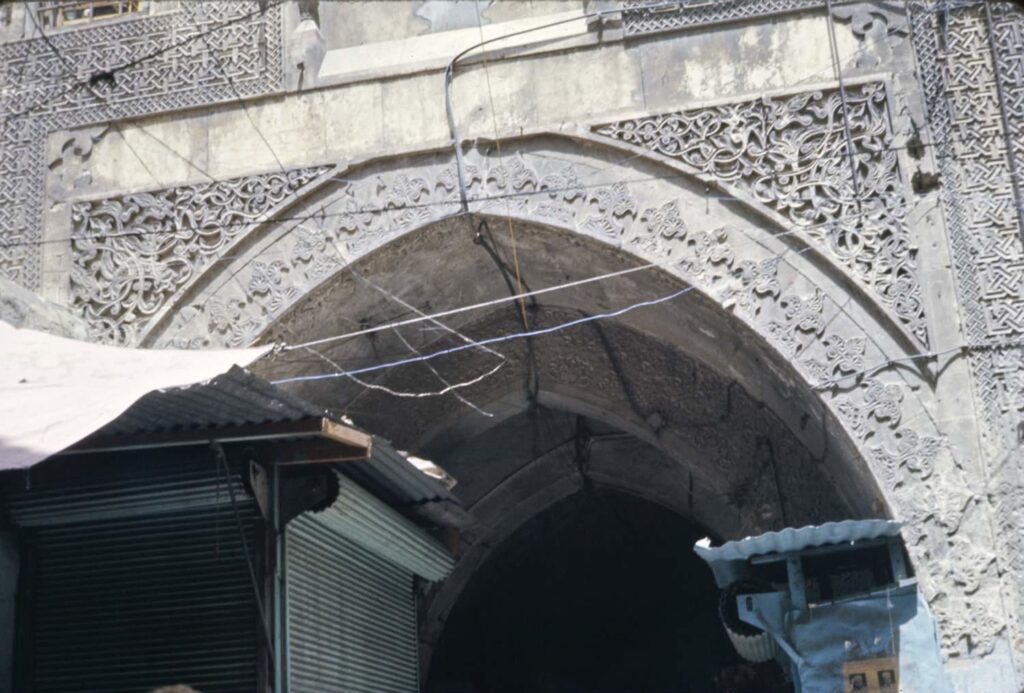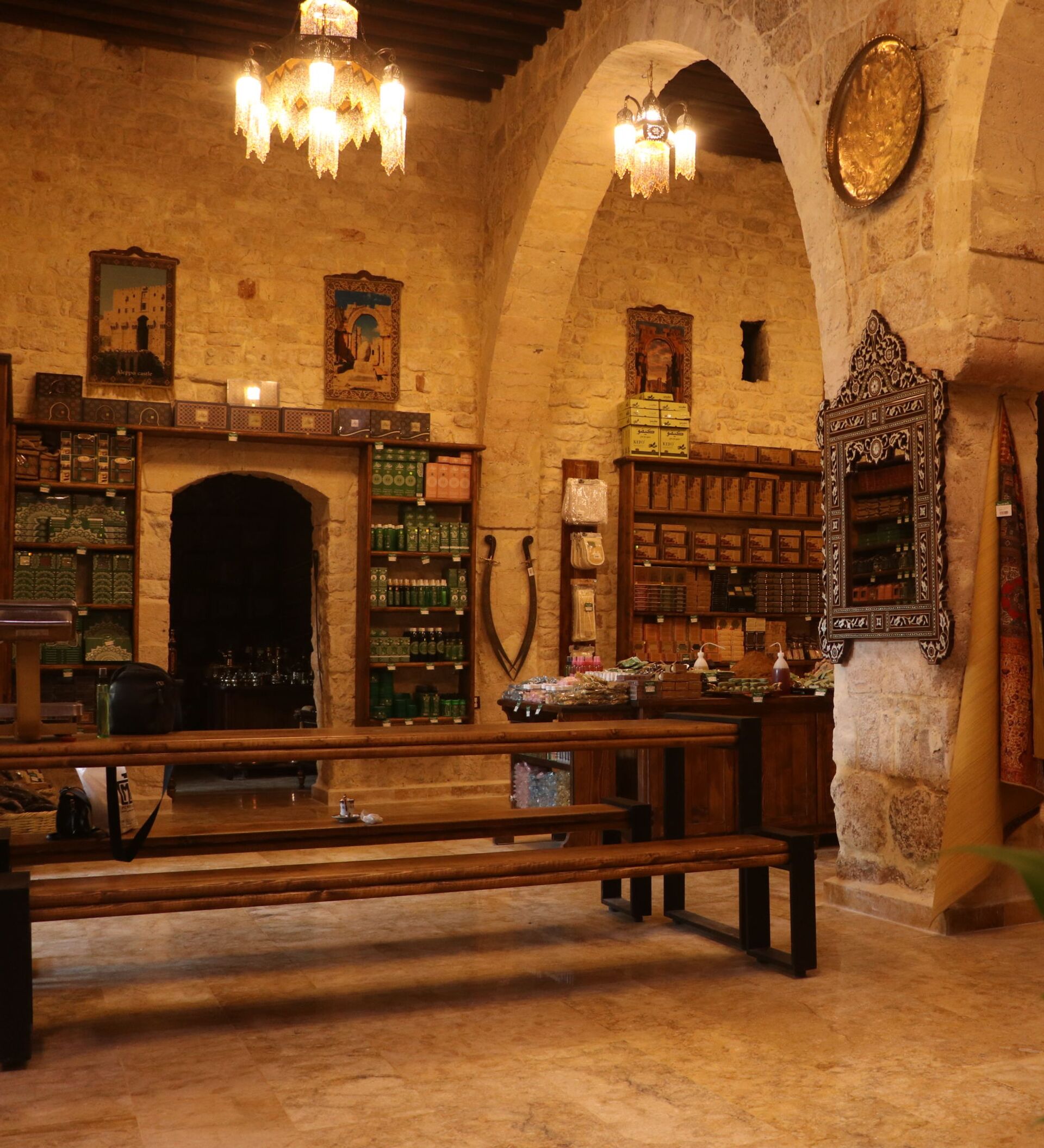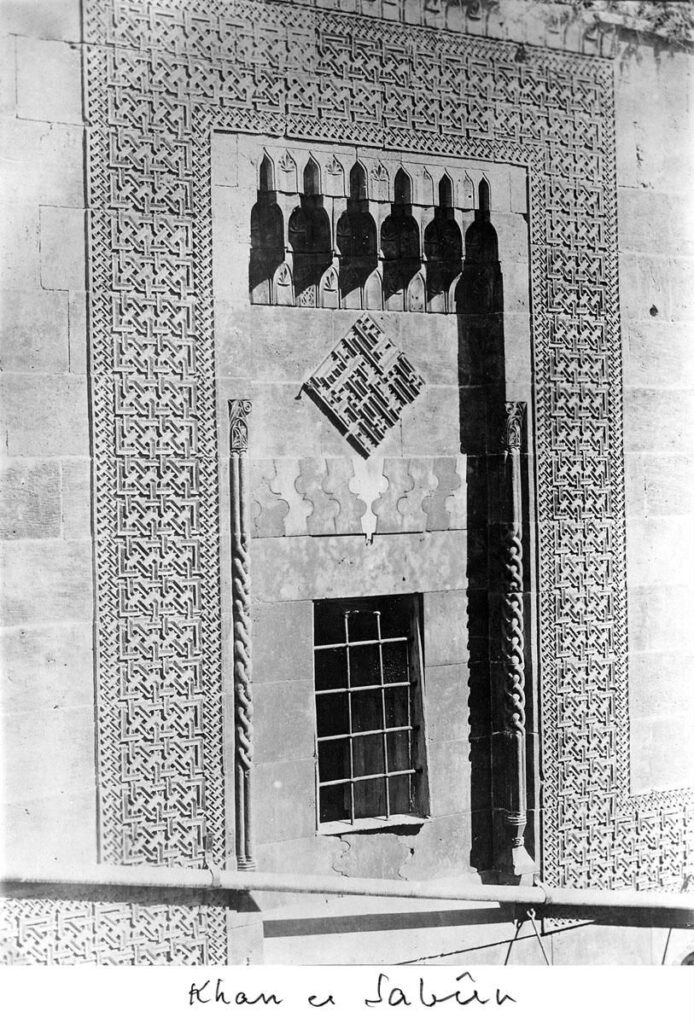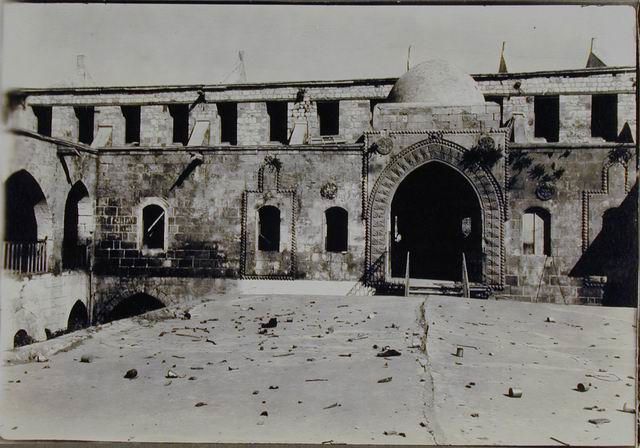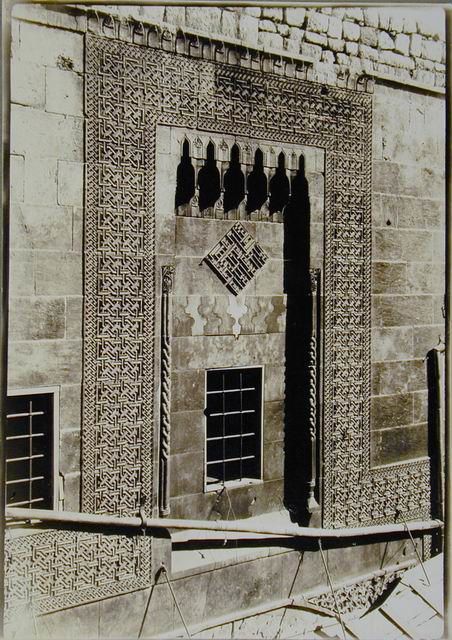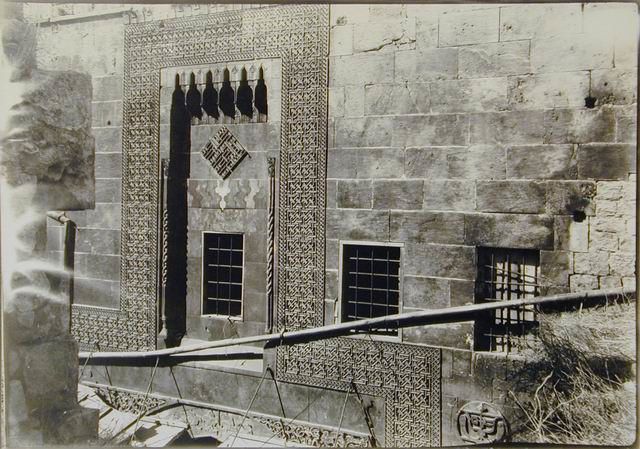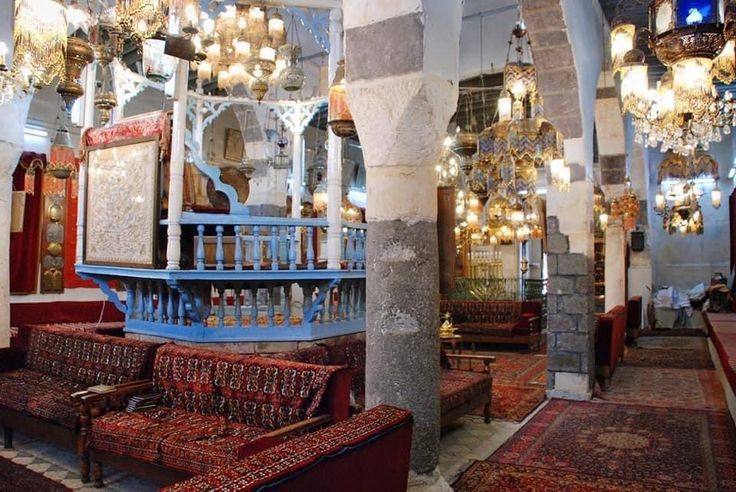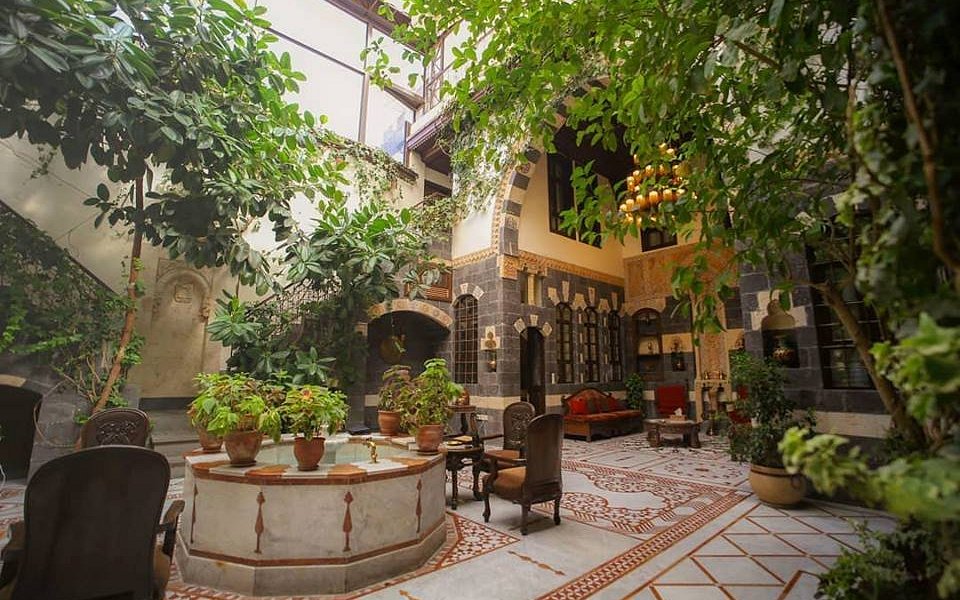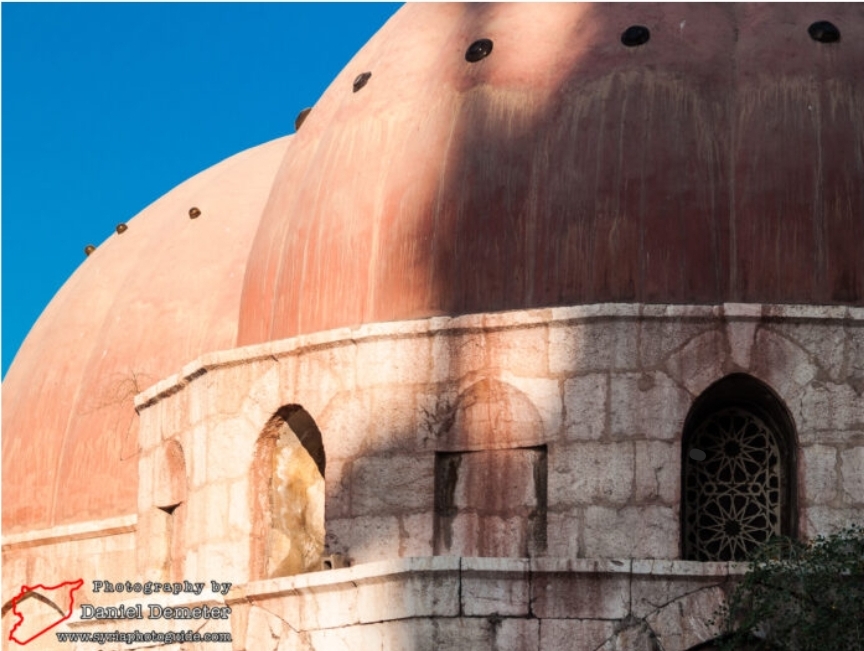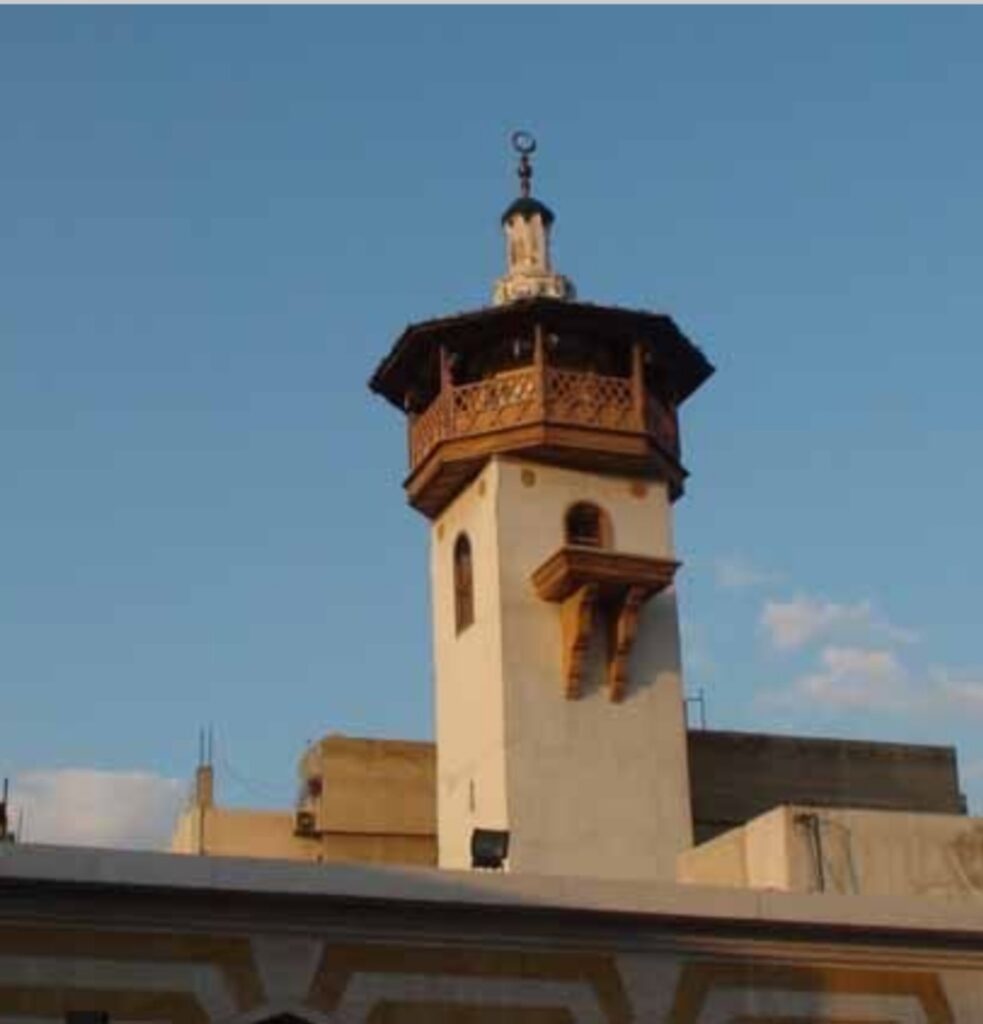Khan al-Saboun (Khan of Soap) is one of the most prominent historical and industrial landmarks in the city of Aleppo, reflecting a rich heritage of traditional laurel soap making. The khan dates back to the 17th century during the Ottoman era and is located within the Ancient City, near the historic market, which was one of the largest covered markets in the world.
Khan al-Saboun was a major commercial center for the manufacture and distribution of Aleppo soap, considered one of the oldest natural soaps in the world. This soap is handmade using natural ingredients such as olive oil and laurel oil, and constitutes an important part of Aleppo’s industrial and craft heritage.
The khan was severely damaged during the Syrian war, but underwent a comprehensive restoration process and reopened in October 2020, resuming its operations as a center for the manufacture and trade of traditional soap.
As the oldest soap-making factory still in operation today, Khan al-Saboun is listed in the Guinness Book of World Records as a symbol of the preservation of industrial and traditional heritage.
The khan is characterized by its façade, decorated with unique floral and geometric motifs, which has been recognized as one of the most beautiful facades of khans in Islamic architecture. Inside, wooden panels are hung on the walls with the names of families who practiced soap-making, some of which date back more than 800 years. The khan was also used to dry the soap in the open air before packaging and exporting it.
